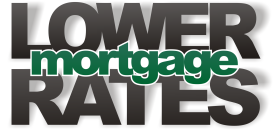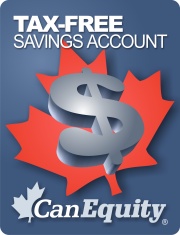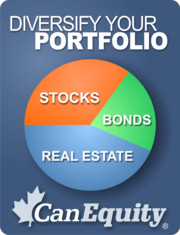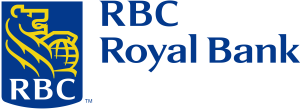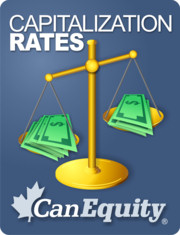A growing number of Canadians are negotiating lower than advertised rates, according to a survey conducted last month by CAAMP and Maritz. While advertised rates have averaged 5.65 per cent over the past year, Canadians who have opted for a five year, fixed-rate mortgage within that timeframe have managed to secure an average rate of 4.23 per cent, saving 1.42 per cent in interest payments over their term.
Canadians Negotiate Lower Mortgage Rates
A growing number of Canadians are negotiating lower than advertised rates.
